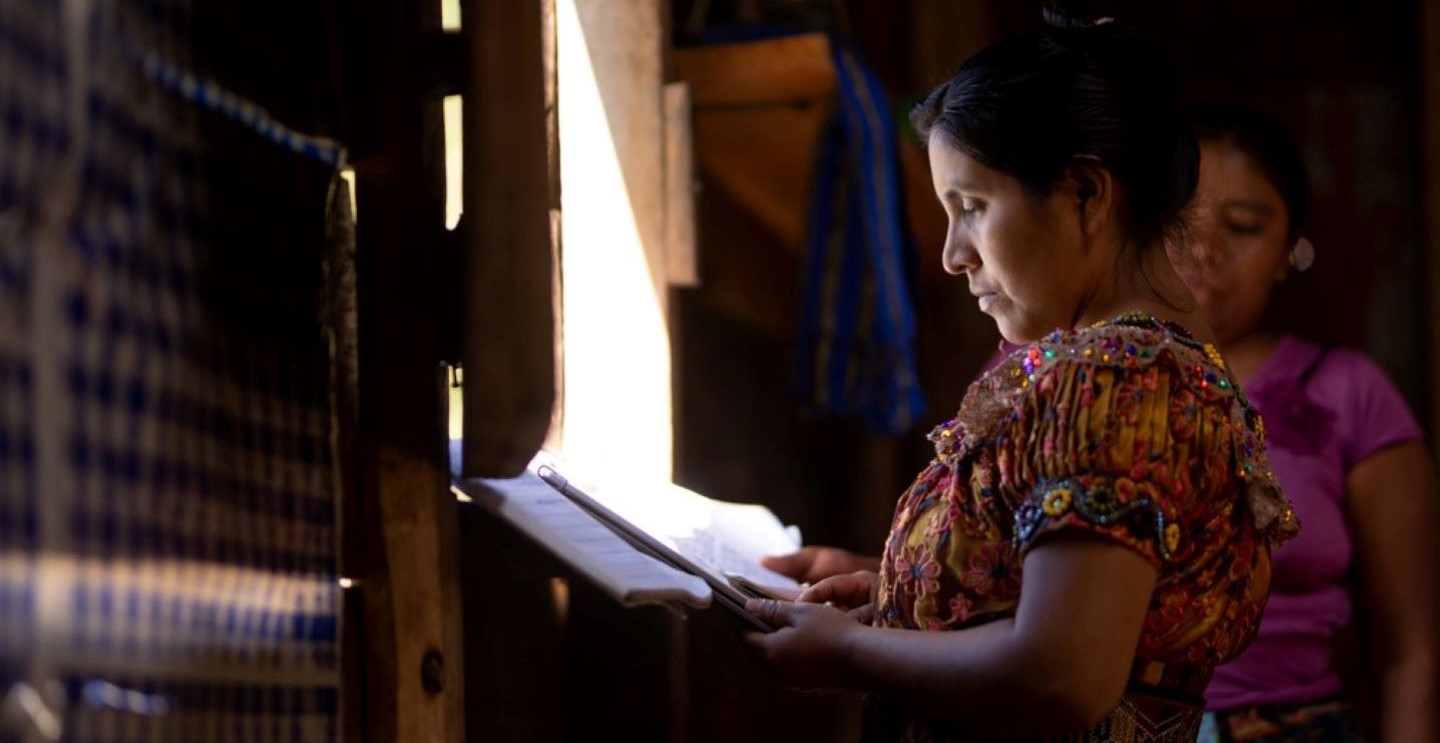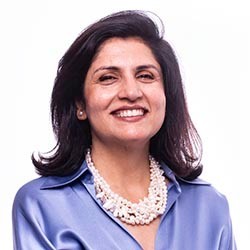The proof is in the pudding: 3 ways to enhance evidence-based policymaking to sustainably transform food systems
IFAD Asset Request Portlet
Asset Publisher
The proof is in the pudding: 3 ways to enhance evidence-based policymaking to sustainably transform food systems
Estimated reading time: 3 minutes
2020 was expected to kick-start the last decade of action to achieve the Sustainable Development Goals. Instead, a global pandemic enveloped the world, shifting our priorities. Just as we’re beginning to learn to live with COVID, we now find ourselves in the grips of a global food and commodities crisis, worsened by the war in Ukraine. Add to this, climate change is making it harder to grow food as we once did. The disheartening results in latest State of Food Security and Nutrition in the World report are proof that our fragile agri-food systems are failing to feed the world.
As new and complex crises hit us at an ever-increasing pace, we cannot keep reverting to the same playbook. We need to think differently and optimize our decision-making, backing it up with rigorous research and data. But despite the crucial role that evidence plays in transforming food systems, we have a long way to go to connect researchers to policy and decision makers.
Here are three principles for bridging the research to policy divide, informed by discussions at the IFAD 2022 Conference.
1. Ask the right questions
Too often, the problems facing policymakers and development practitioners on the ground are not those that researchers focus on. Nobel Laureate, Josh Angrist underscored this, saying “the thing that worries me the most is a complete lack of evidence” when it comes to making effective investments in innovations for positive transformation.
To make sure we’re asking the right questions, IFAD invests in the generation and use of evidence in-house, recognizing that organizations involved in generating evidence are more likely to use themselves. Through our knowledge database and by building bridges between operations and researchers, we promote a culture of evidence-informed policymaking within IFAD and among our partners.
2. Use credible methods
In recent years we’ve expanded our capacity to establish attributable impact of our investment projects through quantitative methods. But these methods alone don’t give us the full picture of what poor rural people are experiencing. We must also triangulate with knowledge produced by systematic reviews, evidence gap maps, and the qualitative perspectives of the people we serve to ensure our work is optimized.
For IFAD, the credibility of our evidence base is a guiding principle in both the design of our data collection and analytical approaches. Our impact assessment surveys collect nationally representative and comprehensive socio-economic data on the livelihoods of IFAD beneficiaries and comparison groups. We use country level administrative data (for example from the 50x2030 Initiative) and GIS data to triangulate the data from our impact assessments.
Since 2018, IFAD has collected data on over 60,000 small scale producers, which will be made available as an open-access public good from September 2022. Through this, the international community can build evidence and inform a broad range of investments and policies.
3. Collaborate throughout the full research process
The research process is notoriously slow-paced. This presents a challenge to meet the immediate needs of policymakers, who often need to make quick decisions. To generate results that give direction for action in a timely way, researchers and decision makers must engage in a learning process over the entire research process, not just once results are published.
Creating a learning process linking evidence to actionable results is a challenge. At IFAD, we discuss the results of impact assessments with local and national stakeholders and then feed these into the project design process. By involving experts from the field in evidence generation, we can create new knowledge and grow our community of evidence users.
IFAD is increasingly investing in and using real-time data in order to respond to immediate changes in different contexts.
As a global community, we've set ourselves the ambitious target of sustainable development for all by 2030—less than eight years away. This is an enormous task, especially in these turbulent times. Given this, we need credible and actionable evidence to guide us so we can make the most effective decisions with the little time we have left.
Publication date: 27 July 2022
